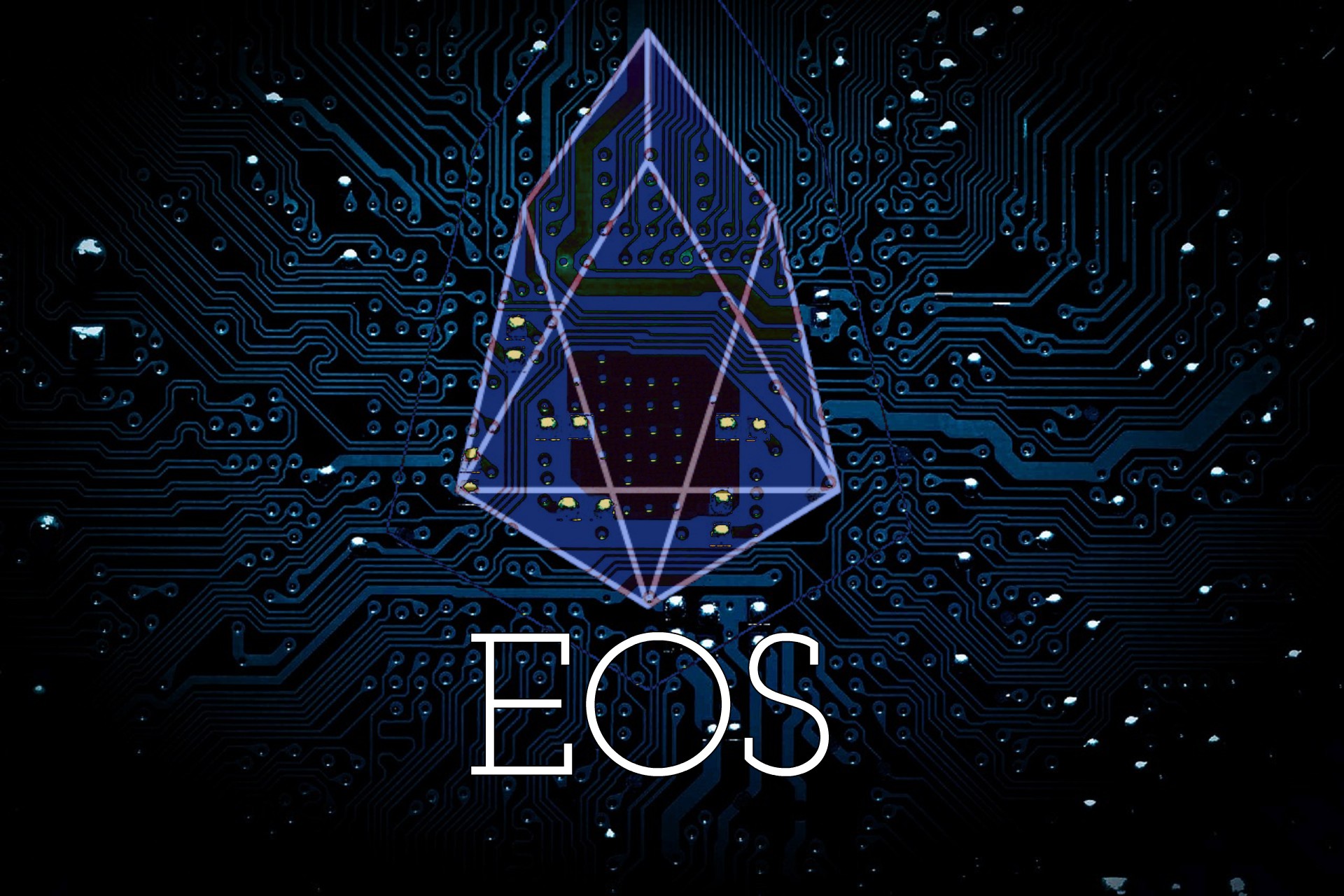I am late to the game.
I do not know nearly as much as the people who usually post about this topic.
I went at crypto currencies with two things in mind: 1) Does the nomenclature for the crypto in mind sound cool, like, could you hear a gangster saying it in a movie and still seem both respectable and ominous? 2) How does the wallet behave on an individual computer?
I tried to think of a 65 year old person who knows absolutely nothing about computers or crypto currencies.
What would put them off?
What would put them at ease?

While I cannot hear a gangster say "Give me all you LISK or you're gonna die, see" I definitely liked that is took up little space in C:\Users\User\AppData
LISK syncs up quick.
Pretty much, mo fuss, no muss.
So long as you have those words, your LISK is easily retrievable, on any machine, anywhere.
DASH is probably just as solid, but I really cannot hear Travolta in Pulp Fiction paying for heroin with DASH.

I really wanted to dig Monero.
I bought some.
I made decent profit.
I like the privacy.
But, when you tell other wallets where you want the data to live, they usually obey, but Monero does not.
If you have an SSD drive for your OS, and an HDD for all the data, you probably do not want the possibility of having a directory that can expand larger than your C: drive down the road. So, I sold all my Monero at a decent profit.

I had the same issue with Ethereum as I did with Monero. The wallet refuses to go where you tell it to. A wallet that is sync'd is currently about 22 Gig. I tried on a few Windows machines, and the wallet ignored my requests each time, and forced itself upon my C: drive.



I like these three because of Nationalism.
The Brits like Sterling.
The Aussies like Nobles.
The Dutch like Gulden.
I realize these three coins are not as fancy as many others, but I keep thinking of an elderly person trying to escape the falling purchasing power of the fiat currency of their country of birth. So, I bought a million Nobles for $168, and I plan to buy as much of the other two as I can, and just hold all three for a few years...

I am trying to get my EOS holding up to 1000 coins.
I am betting that Dan Larimer is the real deal.
If he is, then it is probable that EOS, or coins like it, will overcome Ethereum and Bitcoin at a future date.
I went through many others.
I installed them on various platforms, induced catastrophic failures, and observed how easily they resurrected themselves.
Observing how much memory they use, and how much of the CPU is ear-marked, and how much space they take up led me to abandon quite a few coins.
Some force a random set of words upon you as a seed, some allow you to use your own unique set of words to encrypt your wallet. This is probably a factor to someone who is fearful of losing their coins because they cannot easily recall the random set, even though it is much harder to hack.
Like I said, I think of an elderly person with a dated Windows PC from 2003...
How would this person react when wallets bog down their rickety old machine?
This type of person would probably chose coins and operating procedures that are not optimum for security.
They might choose inferior security procedures to feel more at ease.
I also went into paper wallets and noticed that many of them do not behave the way the people pimping the coins say they do.
Bitcoin and Litecoin seem to be everything they are said to be.
The block info sites work.
You can pull in these paper wallets the way they claim.
None of the others seem so straightforward.

When mining became more profitable for Bitconnect over Bitcoin I couldn't deny the potential.
I realize that my approach is more of a "herd mindset" one.
But if you think that people do not make decisions based on topical things, like, does the logo look cool, does the name sound cool, does it remind me of better times... well, then you might be projecting your own intelligence and acumen onto the herd? Even though you may be much smarter than the average steer in the herd, and even though you are certain that there are better coins than the herd will chase, you could could still get trampled.
Good article and a lot of work behind it. What do the percentage figures in the header of the table mean? These are also different for the two tables. Confused how to read that part of the table. And are the percentages for CPU given for each wallet, nominal values, peak values? Noble has 13% for instance, does it take all the time 13% of the CPU? Unfortunately you do not have the disk space in the table.
Downvoting a post can decrease pending rewards and make it less visible. Common reasons:
Submit
You are correct about the memory and CPU allotments. I did put a screen capture from WinDirStat, which shows how much space each wallet uses. I was mainly using that to check to see if the wallet was actually putting all the blocks where I asked it to. You want to keep an eye on C:\Users\Username\AppData
Also, I found an error in my post. I used the icon for Bitconnect, when it should have been Bitcoin Cash.
Downvoting a post can decrease pending rewards and make it less visible. Common reasons:
Submit
so what is correct on percentages, nominal values? or are it peak values? :)
memory, ok will need to zoom in to the image then
Downvoting a post can decrease pending rewards and make it less visible. Common reasons:
Submit